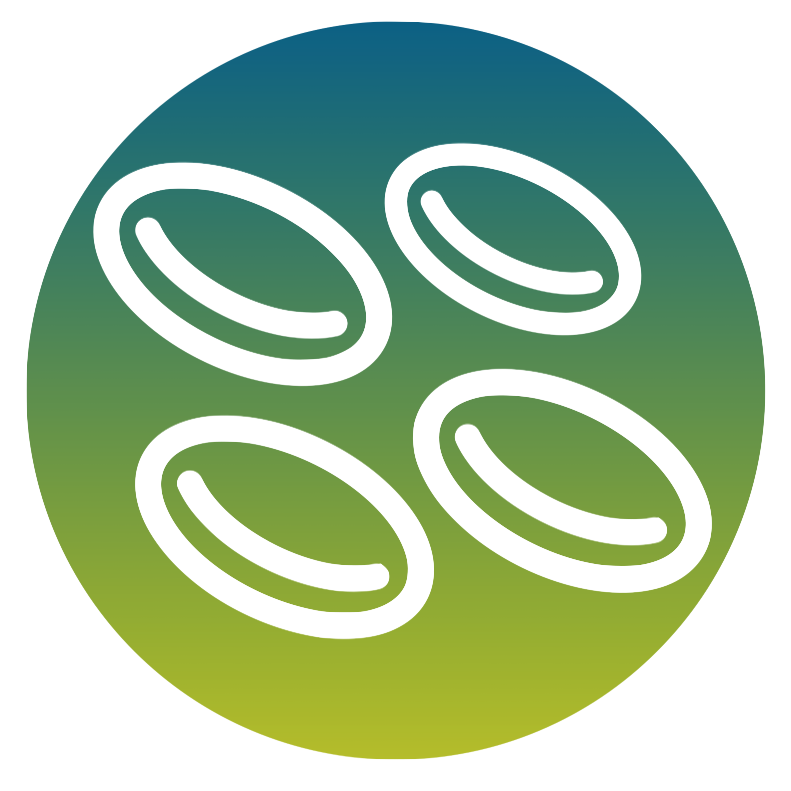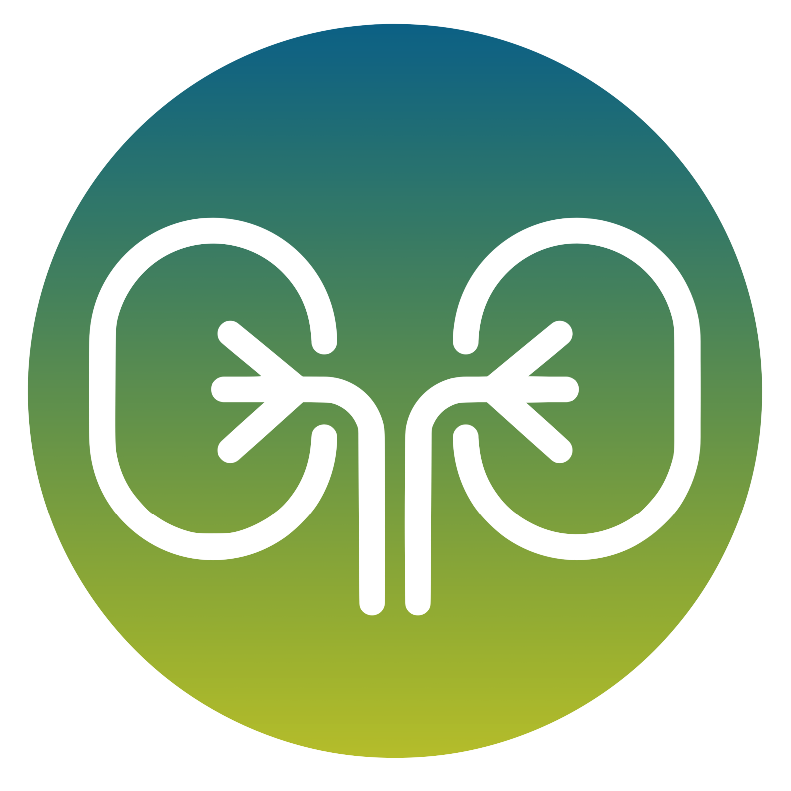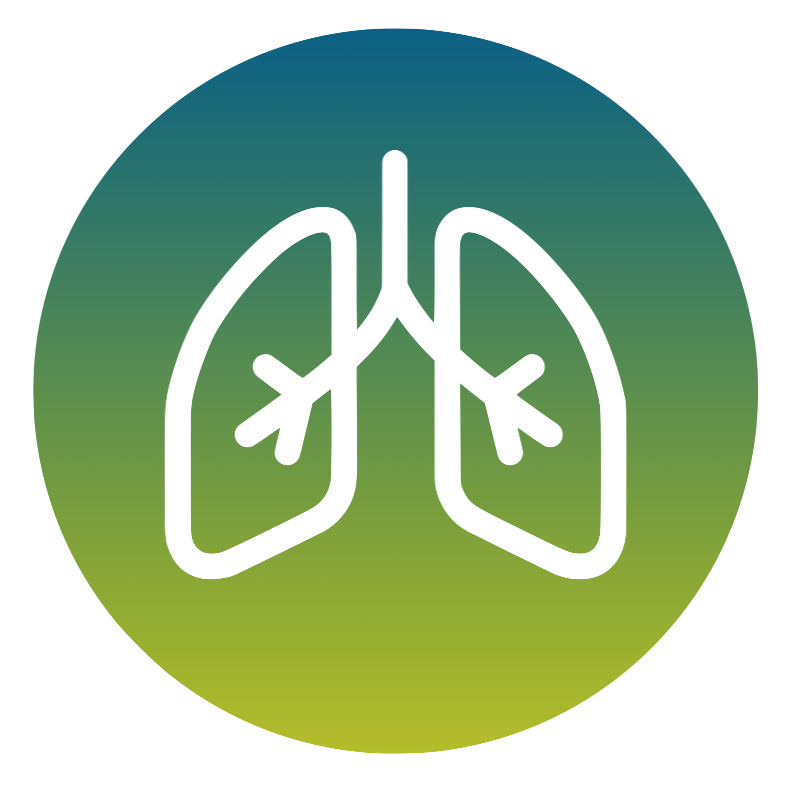Insulin-resistant diabetes Code R-125S226
- Description
- Number Genes
- Prevalence
- Indications and clinical utility
- Test performed and limitations
- Other Specialities
Insulin-resistant diabetes, often known as insulin resistance or type 2 diabetes, is a condition in which the body's cells do not respond effectively to insulin, a hormone produced by the pancreas that regulates glucose (sugar) levels in the blood. This insulin resistance leads to an increase in blood glucose, as glucose is not able to easily enter the cells to be used as energy.
27 genes
Not known
Multi-gene panel aimed at the molecular diagnosis of insulin-resistant diabetes.
Method: NGS sequencing, determination of SNVs (Single Nucleotide Variants), small insertions and deletions and CNVs (Copy Number Variants).
Limits: The test is unable to determine the presence of underrepresented somatic events, balanced chromosomal rearrangements, nucleotide expansion events of repeat regions, CNVs <3 contiguous exons. <3 esoni contigui.
Some genes may have low coverage areas, where necessary or upon specific request, within the limits of methodological limitations, sequencing can be completed with alternative methods (Sanger).
Some genes may be duplicated in the genome (pseudogenes), which may invalidate the analysis.
..














